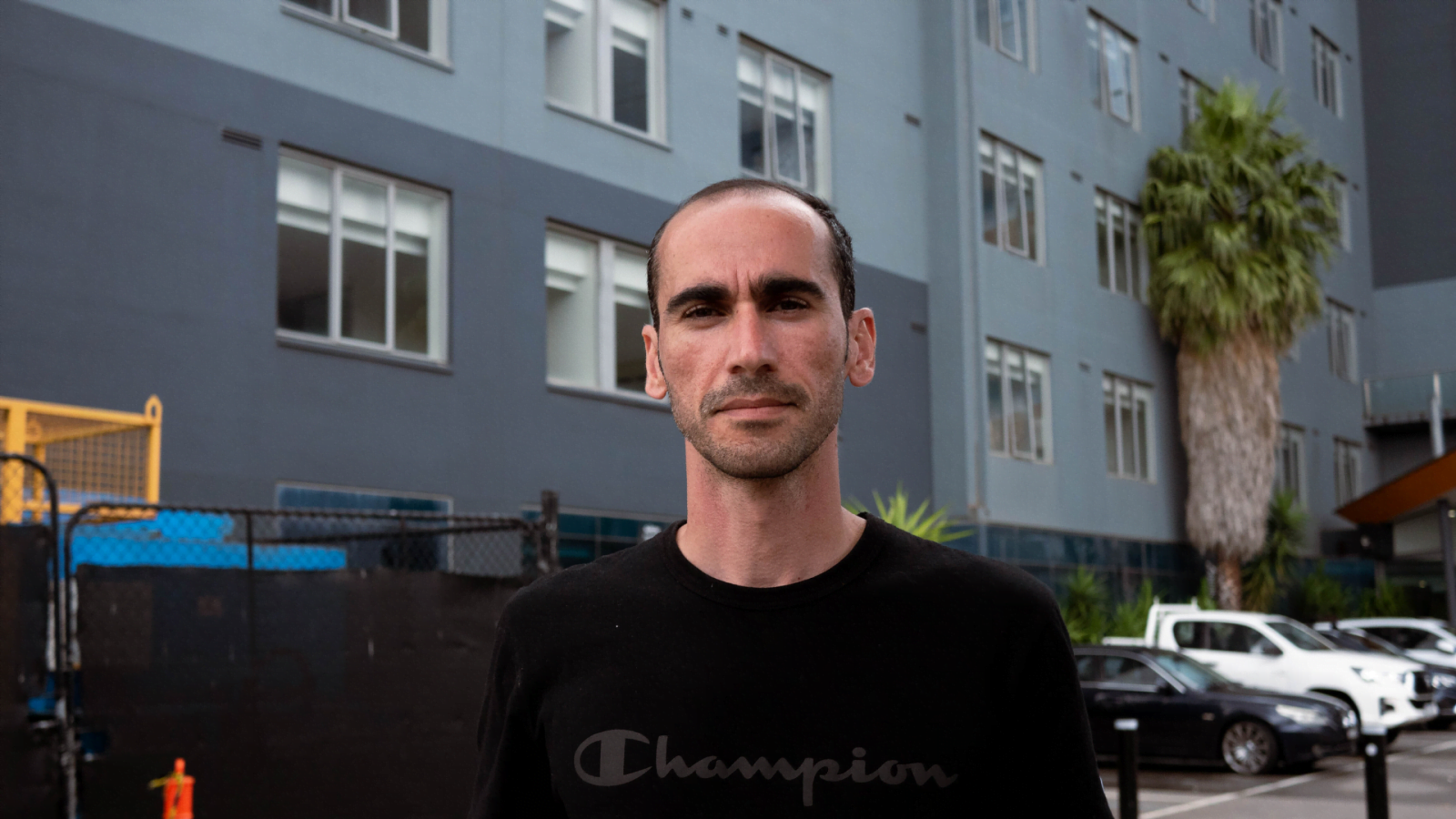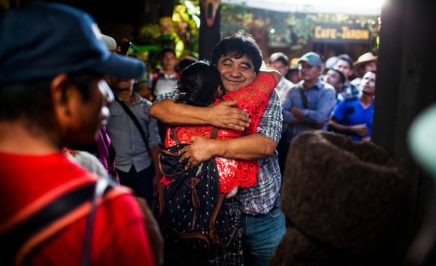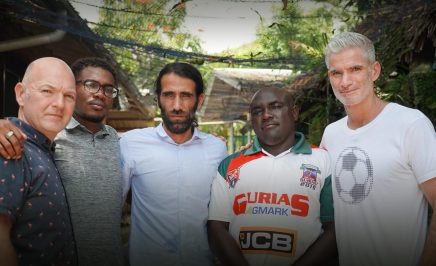A two-day hearing in the Victorian Federal Court begins today to challenge the legality of the Australian Government’s use of hotels as Alternative Places of Detention (APODs) to detain Mostafa Azimitabar (Moz) and hundreds of other refugees and asylum seekers.
The hearing before Justice Murphy in Melbourne will argue that refugee Mostafa (Moz) Azimitabar’s detention in the Mantra Hotel for 13 months and then the Park Hotel was unlawful under the Migration Act as the Government does not have the legislative power to turn such hotels into APODs.
Moz Azimitabar was brought to mainland Australia from Australia’s brutal offshore detention regime in Papua New Guinea in November 2019 for medical treatment. He was a recognised refugee at the time.
“I am working with Amnesty and Marque Lawyers to hold the Government accountable for what they did to us in those hotel prisons. My treatment was immoral, unethical and illegal. I will not give up.”
Mostafa Azimitabar.
Michael Bradley, managing partner at Marque Lawyers, representing Azimitabar, said: “According to our reading of the Migration Act the Government does not have the power to establish and maintain detention centres in hotels and therefore Moz’s detention for more than a year in the Mantra and the Park hotels was unlawful.”
When detained in the Mantra and Park hotel APODs, Azimitabar was heavily guarded and often locked in his room for up to 23 hours a day, for nearly two years. He had no access to the outside world let alone the proper medical treatment he was brought to Australia to receive.
Tim O’Connor, Amnesty International Impact Director, said: “Amnesty is supporting this legal case against the Commonwealth of Australia because we believe Moz’s detention was unlawful and the deprivation of his liberty in this way has caused untold physical and psychological damage.”
“While there now has been a change in approach for the vast majority of people who were detained in this way, we want to see permanent changes under the Migration Act that will ensure this never happens again,” said O’Connor.
Azimitabar was released from detention in Australia on 21 January 2021. He is living and working in Sydney on a bridging visa for which he must reapply every six months. He is allowed to work but does not have the right to study.
The conditions of Azimitabar’s release continues to cause harm by trapping him in limbo, unable to study or move on with his life. Azimitabar is among 31,000 refugees in Australia forced to live in this way without a permanent resettlement solution.
“The Australian Government tries to limit my freedom, but they cannot limit my dreams. And so I will continue to fight for my freedom,” said Azimitabar.
Background
Moz Azimitabar was detained offshore and in Australia for almost eight years. He is seeking compensation from the Australian Government for what he argues is his unlawful 14 month detention in two Melbourne-based hotels after he was transferred from Papua New Guinea to Australia in 2019 on medical grounds. He was released from the Park Hotel on a bridging visa on 21 January 2021. His time locked up in makeshift hotel APODs, where he was unable to go outside, exercise properly or open a window, compounded by six years trapped in offshore detention in Papua New Guinea, have taken a terrible physical and emotional toll.









